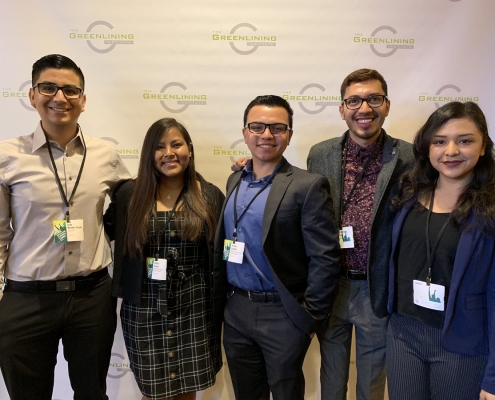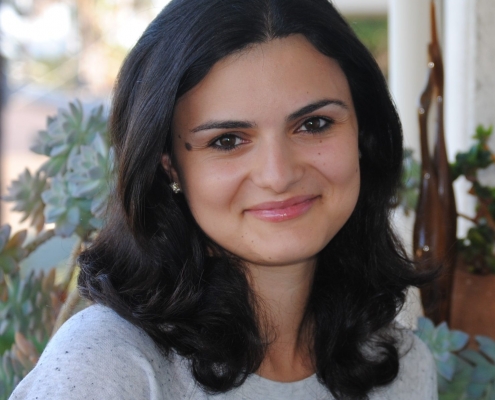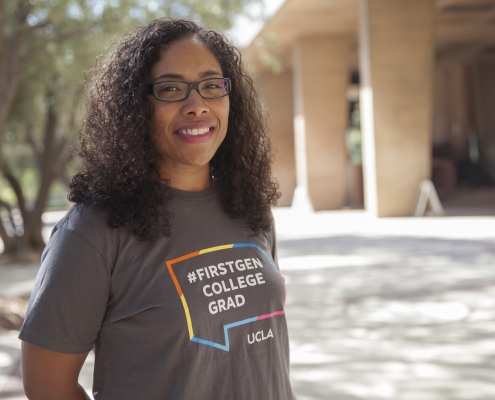Posts

Health, Wealth, & Power: A Student’s Perspective
By Vianney Gomez and Celina Avalos As policy fellows with…

Growing Up Bilingual in Multilingual Los Angeles
By Lilit Ghazaryan UCLA Graduate Student, Department of…

Dr. Frasure-Yokley Profiled by PBS NewsHour for Her Work with UCLA’s First-Generation College Students
May 16, 2018 Dr. Lorrie Frasure-Yokley, Associate Professor…

